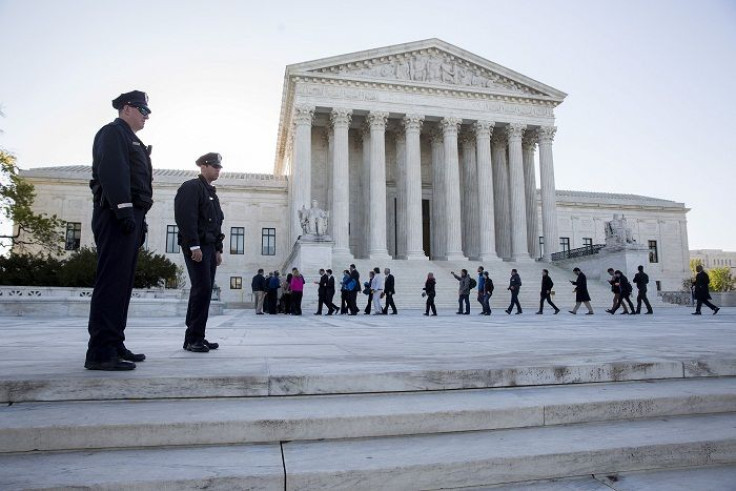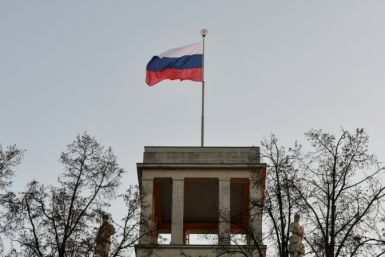US Supreme Court Differs On Execution Drug Use

The Supreme Court of the U.S. is arguing on a case involving the use of execution drug midazolam. The drug is injected to the convicts who carry death penalty.
The case came into question when midazolam was used for the slipshod execution of Oklahoma inmate Clayton Lockett last year. He was made to suffer for 43 minutes before he finally died. When the state launched a probe into the botched execution, it was discovered that an IV line was not inserted properly.
Therefore, the state had to review its protocol and decided to increase the dosage of the drug in question. This decision, the state said, was maintained by the lower courts too. The state of Oklahoma had earlier used sodium thiopental and pentobarbital as sedatives, but because these drugs ran out of stock in the markets, they were compelled to use midazolam. Nevertheless, the state has defended the use of this drug saying that the faulty execution was caused by other reasons and not just the use of this effective drug.
But three death row convicts blame midazolam. Richard E. Glossip, John M. Grant and Benjamin R. Cole argue that the drug violates the 8th Amendment's ban on cruel and unusual punishment because it fails to generate "a deep, coma like unconsciousness." Painless executions should be the norm, but those slamming death penalty are conducting "what amounts to a guerrilla war" to make it impossible for states to "obtain drugs that could be used to carry out capital punishment with little, if any pain," Justice Samuel Alito categorically stressed. However, as per a CNN/ORC poll, a whopping 70% of Americans are not against death penalty itself as they don’t think of it as a cruel punishment to mete out justice.
The justices are likely to decide by June end whether midazolam clears constitutional muster and offer advice to states that have been encountering a shortage of drugs and therefore had been changing their modus operandi for the same. Owing to shortage of lethal injection drugs, states have started to look at different back-up methods of execution like use of nitrogen gas, the electric chair and even firing squads.
The writer can be contact at ritambanati@yahoo.com






